Nadja Schauffler
The IMS Toucan System for the Blizzard Challenge 2023
Oct 26, 2023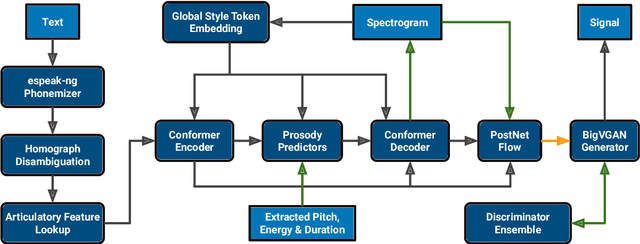
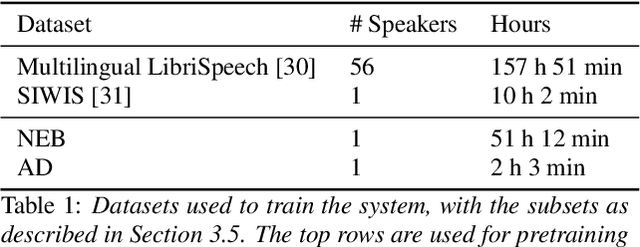
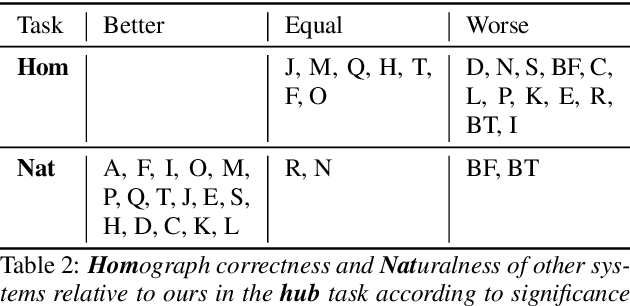
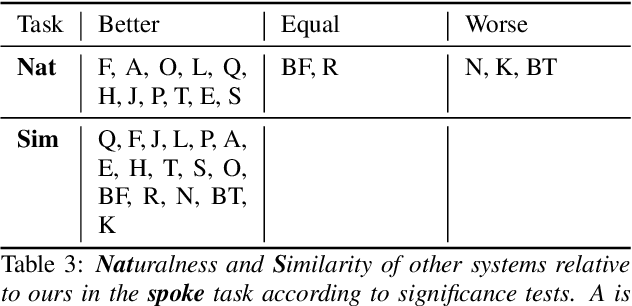
Abstract:For our contribution to the Blizzard Challenge 2023, we improved on the system we submitted to the Blizzard Challenge 2021. Our approach entails a rule-based text-to-phoneme processing system that includes rule-based disambiguation of homographs in the French language. It then transforms the phonemes to spectrograms as intermediate representations using a fast and efficient non-autoregressive synthesis architecture based on Conformer and Glow. A GAN based neural vocoder that combines recent state-of-the-art approaches converts the spectrogram to the final wave. We carefully designed the data processing, training, and inference procedures for the challenge data. Our system identifier is G. Open source code and demo are available.
PoeticTTS -- Controllable Poetry Reading for Literary Studies
Jul 11, 2022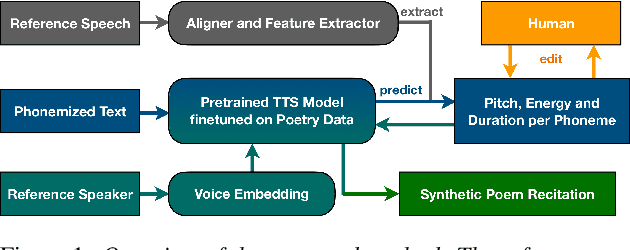
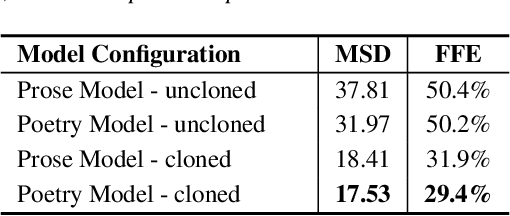
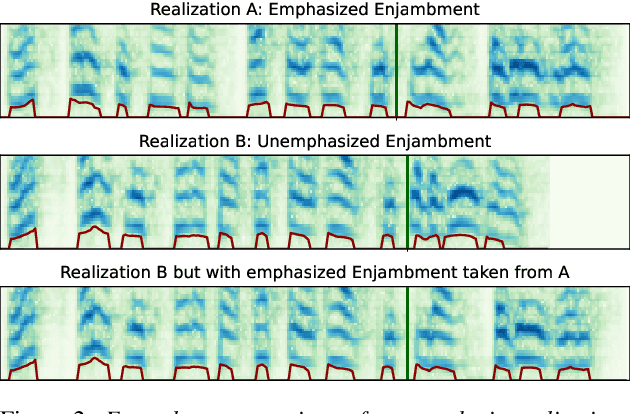
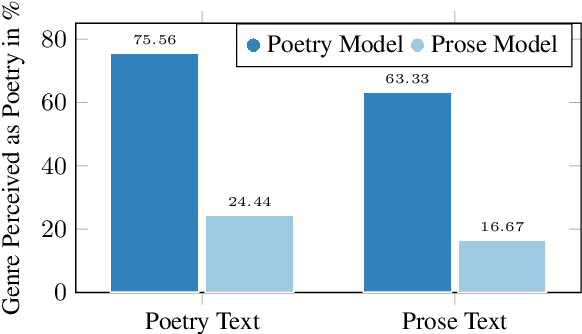
Abstract:Speech synthesis for poetry is challenging due to specific intonation patterns inherent to poetic speech. In this work, we propose an approach to synthesise poems with almost human like naturalness in order to enable literary scholars to systematically examine hypotheses on the interplay between text, spoken realisation, and the listener's perception of poems. To meet these special requirements for literary studies, we resynthesise poems by cloning prosodic values from a human reference recitation, and afterwards make use of fine-grained prosody control to manipulate the synthetic speech in a human-in-the-loop setting to alter the recitation w.r.t. specific phenomena. We find that finetuning our TTS model on poetry captures poetic intonation patterns to a large extent which is beneficial for prosody cloning and manipulation and verify the success of our approach both in an objective evaluation as well as in human studies.
 Add to Chrome
Add to Chrome Add to Firefox
Add to Firefox Add to Edge
Add to Edge